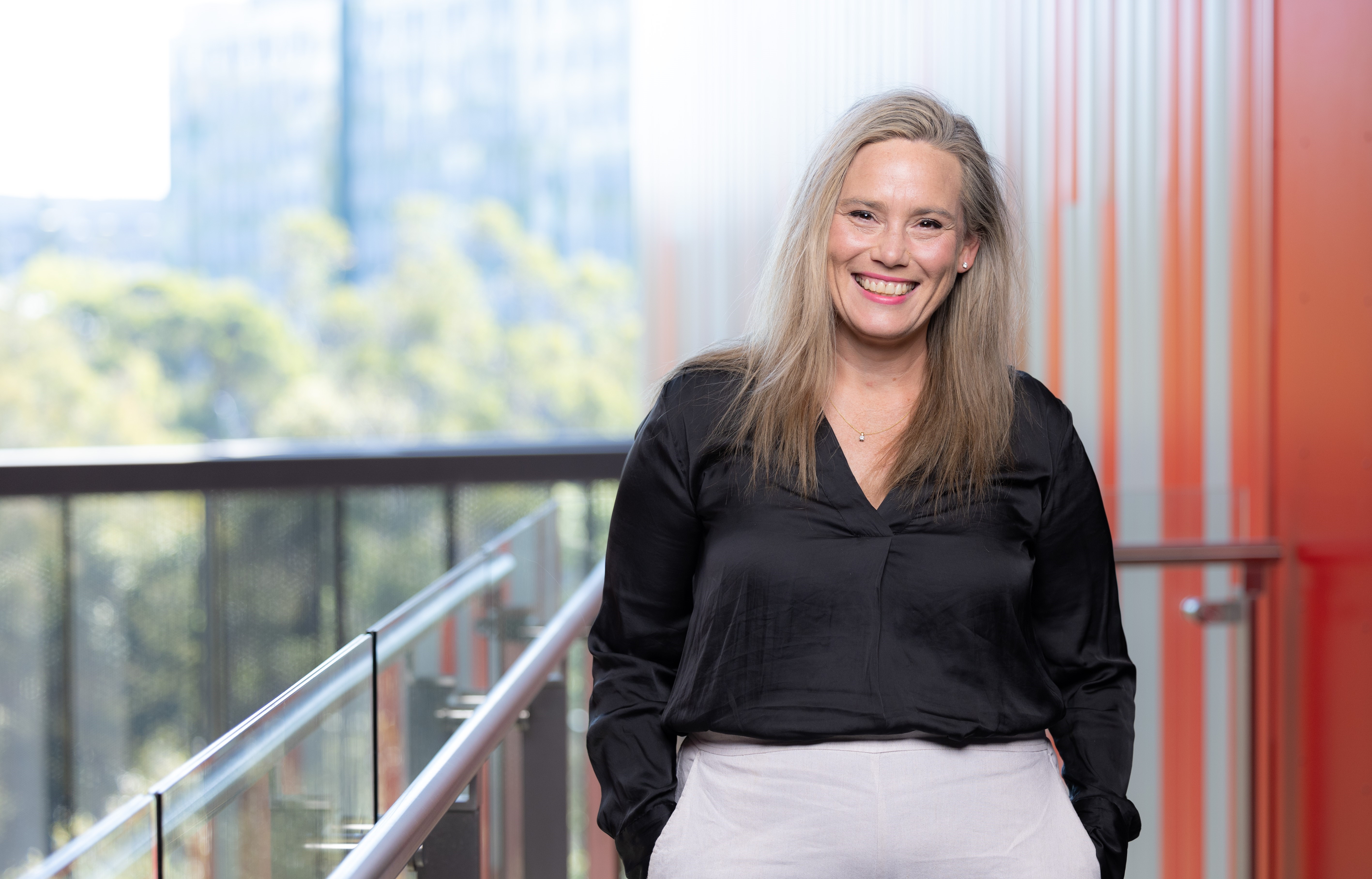 2023 Col Reynolds Fellow Dr Karin Plummer
2023 Col Reynolds Fellow Dr Karin Plummer
2023 Col Reynolds Fellow, Dr Karin Plummer, holds a joint appointment at Griffith University and the Children’s Hospital Queensland Department of Anaesthesia and Pain. In this Q&A, Karin talks with The Kids' Cancer Project about her current research project, what gets her out of bed in the morning, and the importance of being a Col Reynolds Fellow.
Your study aims to revolutionise pain management in children undergoing bone marrow transplants. Tell me what it’s about?
Pain management for children undergoing bone marrow transplantation remains a considerable challenge despite medical advancements.
My study aims to develop a decision aid so parents and healthcare providers can collaborate in creating a personalised pain management plan for the complex pain experienced by children during bone marrow transplantation.
By breaking down barriers to effective pain management it will ultimately promote their better recovery and overall quality of life. It’s an e-health decision aid initially and then possibly an app. It’s co-designed with parents who have been through it.
Why did you decide this was such an important area to research?
In bone marrow transplant there’s a very acute phase where pain is obvious, followed by other complications, and children are in hospital for over a month. These kids became so used to the pain that when they communicate it, they don’t appear to be distressed.
They might say “I’ve got 10 out of 10 pain,” but it doesn’t appear they do. Some will deny pain because they want to protect their parents and then there are kids that are in real pain saying, “no, I don’t have pain” as they have a fear their cancer has come back.
Why did you choose this path?
I’ve been nursing for a long time and noticed if you manage pain well, everything feels better for the patient.
This led me to pursue a Master’s in pain management. I found if you don’t treat pain in the acute phase, then you get this whole cascade of changes that happen at a biological level. You run the risk of long-term pain if it’s not managed well in the first instance.
It really struck me there was so much distress around bone marrow transplants in particular; from children, from their families, from everyone caring for them. I kept hearing, “this is the worst pain ever” which is why I started asking; “Why is this? What’s being done out there about this?” And I found limited information.
Working in this space with children can be harrowing and heart-breaking. What keeps you motivated?
I wanted to reduce that trauma related to the treatment and make sure when they do survive, that they’ve got the best opportunity of living a full and amazing life. Seeing children who had suffered so much now out there travelling and doing wonderful things, that keeps me motivated.
Are there particular children you’ve worked with that have affected you deeply?
Absolutely. When I really don’t want to get out of bed to train, I do because I think of this child, who died during her transplant, and she loved to run, and she would’ve done anything to be able to get out of bed and go for a run. So absolutely, it’s like “I’m getting my butt out of bed today!”
I also remember saying to one 10-year-old boy: “Do you have any advice for other children going through this?” and he was like; “Just love everyone, because you just don’t know how long you’ve got. Just love.”
What does receiving a Col Reynolds Fellowship mean to you?
It was life-changing. To be funded, to be able to advance my research for the next three years and not have to worry about everything else, to know I’ve got a chance to follow on my research dream and make a difference. I was at the point where if I didn’t get some funding, I wouldn’t be able to continue.
What would you say to people who donate to help fund this project?
I literally wouldn’t be able to do it without them. You’re funding life changing moments for researchers who are working hard to make life better for kids and their families during cancer treatment but also, so they have amazing lives after everything they’ve gone through.
